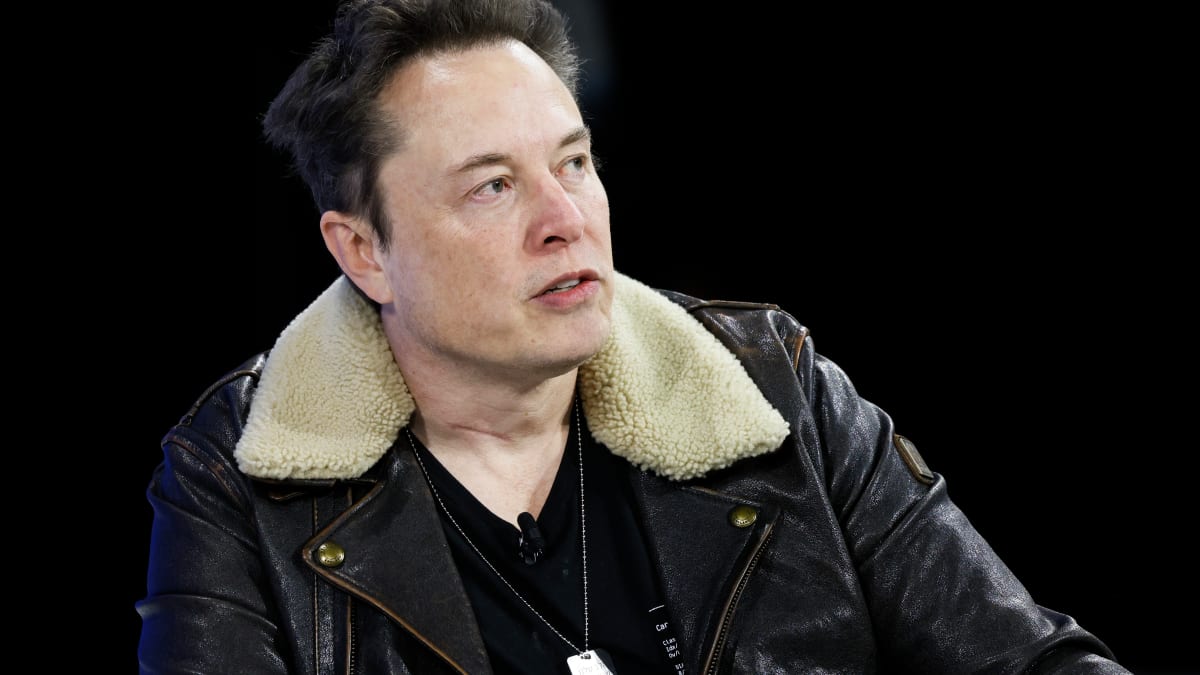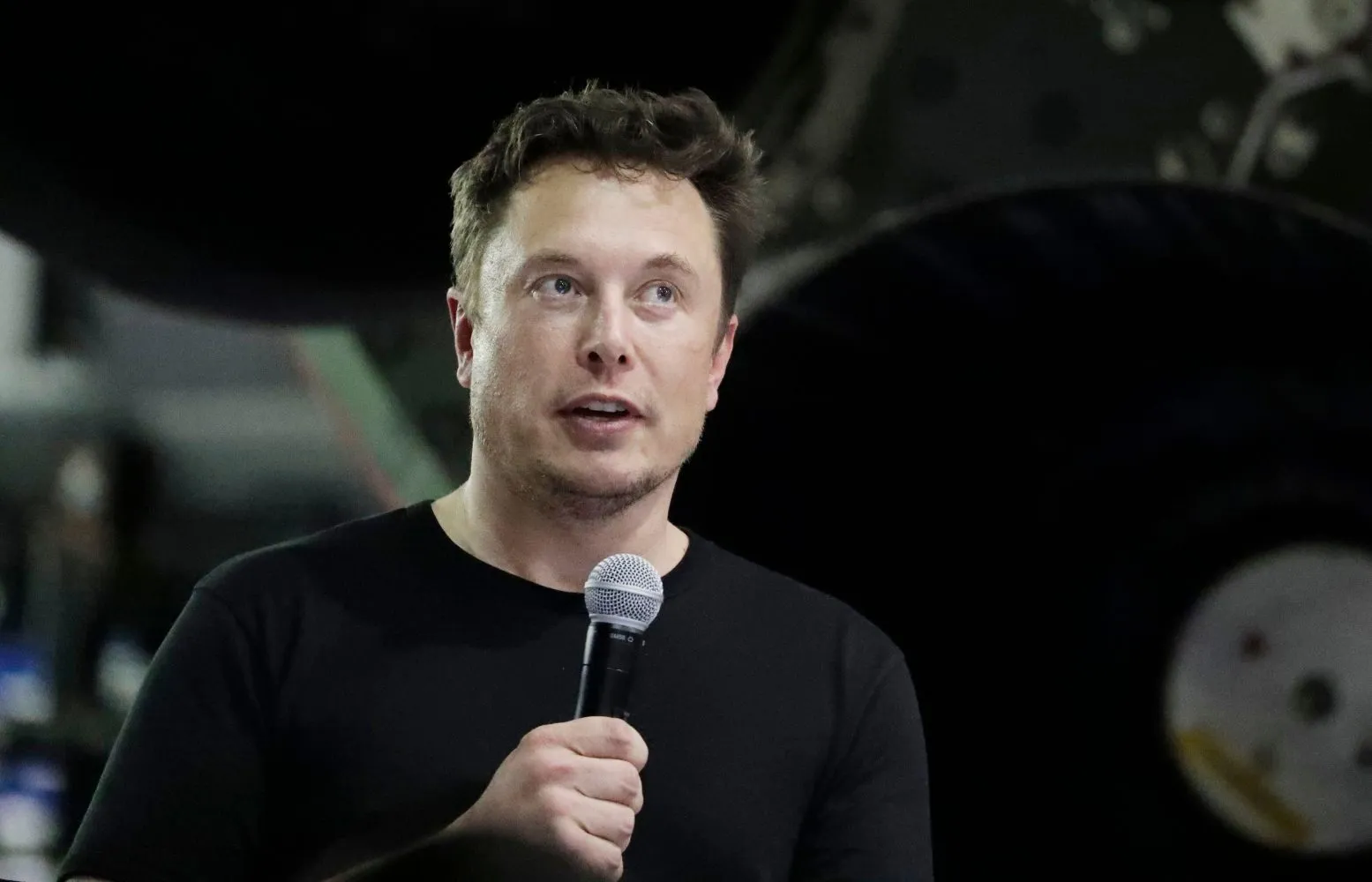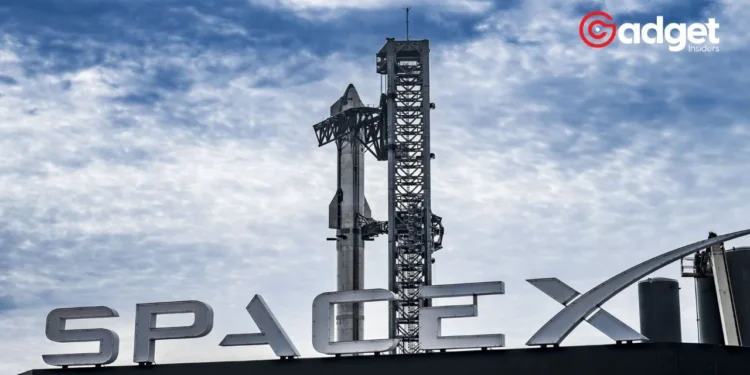SpaceX, the aerospace juggernaut helmed by the visionary Elon Musk, stands at the forefront of cosmic innovation, boasting achievements like ferrying astronauts to the International Space Station and constructing the most extensive satellite constellation known to mankind. This relentless pursuit of the unknown is fueled by a workforce of 13,000, whose dedication and skill have propelled SpaceX into a valuation stratosphere of $180 billion as of late last year.
Yet, beneath the sheen of these celestial victories lies a complex web of employee stock compensation policies that could be as enigmatic as the dark side of the moon.
Unraveling the SpaceX Stock Compensation Scheme
At the heart of SpaceX’s strategy to attract and retain top-tier talent is its compensation package, which includes stock options and restricted stock units (RSUs). This approach is hardly unusual in the tech and aerospace sectors, where cutting-edge startups and behemoths alike dangle the carrot of equity participation.
However, SpaceX’s approach to employee stock management is unique, shrouded in terms that might leave some scratching their heads.
Twice a year, the company conducts buyback events, offering employees the chance to liquidate shares that have likely appreciated. Yet, this opportunity comes with strings attached. According to leaked documents and insider accounts, SpaceX reserves the right to buy back vested shares within six months of an employee’s departure, for any reason.
More controversially, the company can prohibit current and former employees from participating in these tender offers if they have committed “an act of dishonesty against the company” or violated company policies.

The Shadow of Restrictions and the Unknown Public Debut
One might wonder about the implications of such policies on the workforce. The notion of being barred from selling shares until SpaceX goes public—a milestone with no set date—casts a long shadow over employees’ financial futures.
Furthermore, SpaceX’s stance on repurchasing stock at $0 per share if an employee is fired “for cause” introduces a chilling layer of control over individuals long after their tenure ends.
The secrecy surrounding these policies, particularly the “dishonesty” condition, raises eyebrows. Employees, it seems, often learn about these caveats only after joining SpaceX’s equity compensation management platform, highlighting a transparency gap that could have chilling effects on staff morale and trust.

Elon Musk: A Double-Edged Sword
Amidst these intricate stock policies, Elon Musk’s omnipresence looms large, embodying both SpaceX’s greatest strength and a palpable risk. The company openly acknowledges Musk’s pivotal role and the magnetic media attention he garners.
From his tweets that send shockwaves through the financial markets to his high-stakes legal entanglements with entities like the SEC, Musk’s actions ripple through SpaceX, impacting its market capitalization and, by extension, its valuation and employee stock worth.
To date, the Company has been highly dependent on the leadership provided by the Company’s founder, Chief Executive Officer, and Chief Technical Officer, Elon Musk.
SpaceX, Mr. Musk, and other companies Mr. Musk is affiliated with, frequently receive an immense amount of media attention. As such, Mr. Musk’s actions or public statements could also potentially have a positive or negative impact on the market capitalization of SpaceX.
Omfg @elonmusk you FUCKING little man baby!😂😂😂😂 Read "Leaked SpaceX documents show company forbids employees to sell stock if it deems they’ve misbehaved" on SmartNews: https://t.co/HPPKRNidWc
— Penny Schneider (@PennySc05759227) March 16, 2024
Preferred vs. Common Stock: Navigating the SpaceX Equity Labyrinth
Diving deeper into the equity structure, SpaceX distinguishes between preferred and common stock, granting employees the latter. This differentiation is critical, as preferred stock, typically held by institutional investors and Musk-affiliated entities, enjoys superior rights, including liquidation preferences and dividends.
For the workforce, holding Class C non-voting stock means navigating an intricate maze of policies, potential restrictions, and the overarching uncertainty of the Space company’s public market debut.
It’s a reminder that in the high-stakes game of space exploration and innovation, the financial journey for those fueling the rocket can be as volatile and unpredictable as space itself.

Final Thoughts
While the company’s stock compensation strategies aim to secure loyalty and drive innovation, they also reflect the challenges of managing a rapidly evolving workforce under the watchful eye of one of the most scrutinized figures in modern business.
In the grand tapestry of SpaceX’s quest to conquer the cosmos, its employees’ stories—marked by dreams, dedication, and the occasional dilemma—serve as a poignant reminder of the human spirit driving humanity’s march to the stars.










